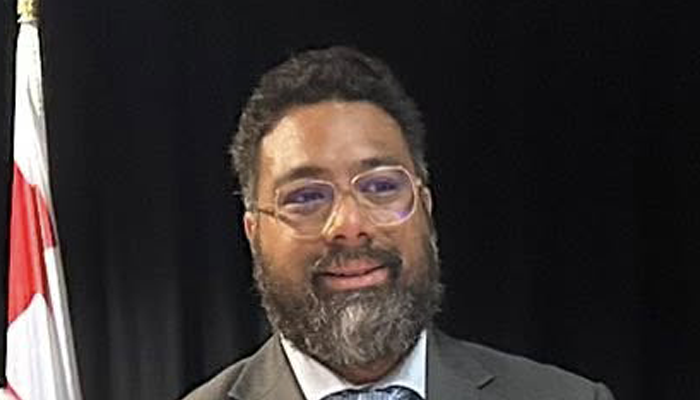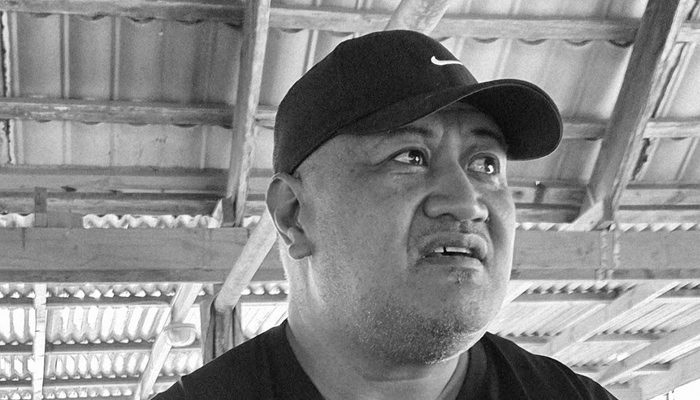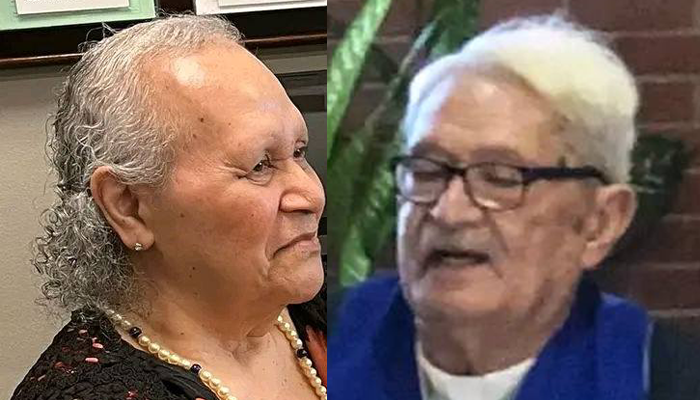A United States federal court has brought to a close a church arson case that was closely followed by Tongan communities both in Tonga and overseas, particularly in Utah, home to one of the largest Tongan populations in the United States.
According to ABC4, a Mississippi man who deliberately set fire to a meetinghouse of The Church of Jesus Christ of Latter-day Saints has been sentenced to 30 years in federal prison, following his conviction on multiple serious charges.
Details of the crime and court outcome
The defendant, Stefan Rowold, 37, was sentenced on Tuesday to 360 months, equivalent to 30 years, in federal prison after a jury found him guilty in September 2025 of six counts of federal arson and civil rights violations.
According to the United States Department of Justice, evidence presented during the trial showed that Rowold deliberately targeted the LDS meetinghouse in Wiggins, Mississippi, because of his hostility toward what he believed were the church’s religious beliefs.
On July 5 and July 7, 2024, Rowold broke into the church building, vandalised the walls with hateful messages, and set fires inside the property.
The Department of Justice said Rowold admitted to police that he ignited the fires using church hymnals, paintings, and other religious materials as kindling in the building’s multipurpose room. After learning that the first fire had not destroyed the structure, he returned two days later to ignite a second fire, even after police had attempted to secure the scene.
As a result of the damage, members of the local LDS congregation were unable to hold worship services in the building for several months. During sentencing, the federal court ordered Rowold to pay US$176,564 in restitution to cover repairs and property damage.
Federal prosecutors told the court that the offence represented not only the destruction of property, but a direct violation of religious freedom and civil rights, which are protected under US federal law.
Investigation and Prosecution
The case was investigated by the FBI Jackson Field Office, with assistance from the Bureau of Alcohol, Tobacco, Firearms, and Explosives, the Mississippi Bureau of Investigation, the Mississippi State Fire Marshal, and the Wiggins Police Department.
The prosecution was led by Assistant United States Attorney Jonathan Buckner of the Southern District of Mississippi, alongside trial attorney Chloe Neely from the Department of Justice Civil Rights Division.
The case attracted widespread attention after news and images of the burning LDS church circulated online in 2024, prompting concern among Tongan church members in Utah, California, Hawai‘i, and Tonga, according to posts seen by Kaniva News at the time.
Many Tongans living overseas have close family and church ties to LDS congregations in the United States, and the attack was widely shared within the community.
In Utah in particular, LDS churches often function not only as places of worship, but also as important cultural and social centres for Tongan families.
Source: ABC4; United States Department of Justice






